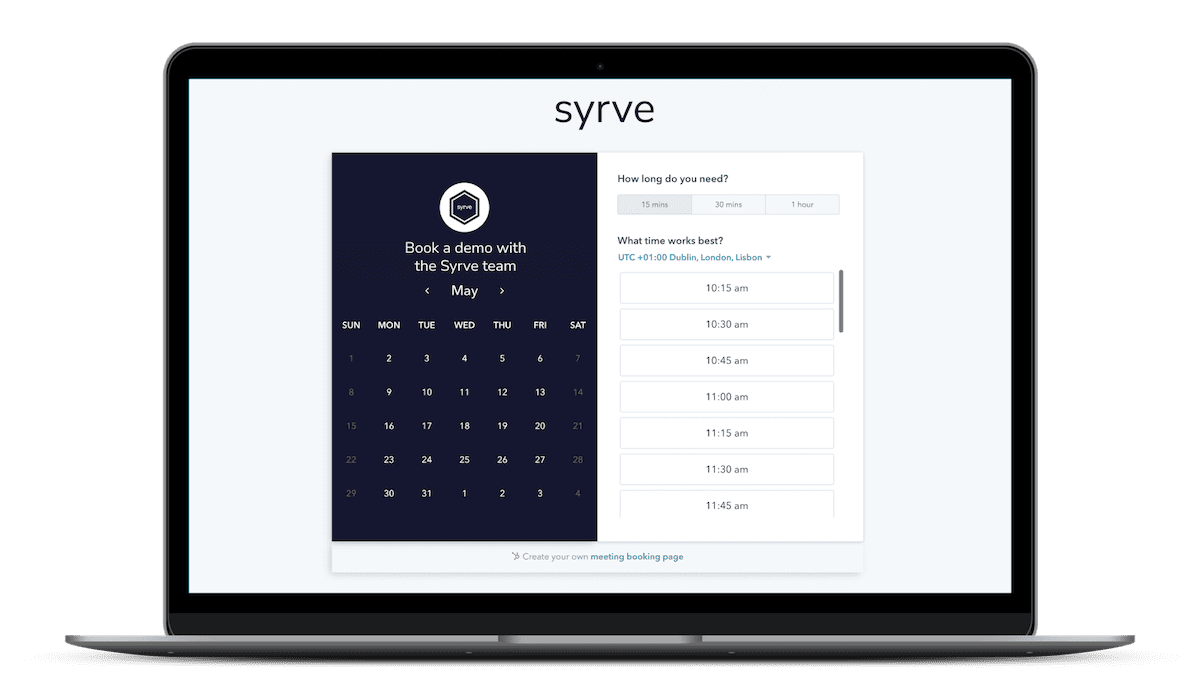Whenever stock levels are dangerously low, it’s important for restaurants in the same chain to help each other out. With Syrve, it’s easier to avoid panic, mess and a chaotic paper trail.
At times of stressed supply chains, product scarcity or delivery difficulties, it’s important for restaurants in the same business to top up each other’s stocks — so menus aren’t impacted and customers don’t leave disappointed.
But stock movements need to be handled in a professional way with a digital accounting trail. And that’s where Next-Gen restaurant tech from Syrve can help.
Avoiding shortages in the first place
Restaurant managers and chefs loathe discovering they’re critically short of an item, especially if it’s a popular item or a key ingredient used in multiple dishes. You never want to find yourself in a tight spot when prep for evening service needs to start in a few hours.
Becoming an inventory management maestro can help you to avoid this scenario. As we explore in our guide Inventory Control 2021, you can now monitor stock in near real-time — in ways that are faster and easier than ever before, thanks Next-Gen restaurant tech.
Put simply, if an item is running low, you’ll be the first to know. You could even avoid a crisis by using automated ordering, rather than relying on busy staff to always remember.
But assuming stock is running perilously low, then what?
Stock movement made simple
With Syrve, the process can be fast and easy. Using a digital internal transfer option on the system, you can select the product in your inventory, set the quantity, and then change the location where it’s stored from restaurant A to restaurant B – without sending paperwork to the back of house to re-key. Any quality certification about the product can be transferred too.
Importantly, Syrve also has a smooth and convenient way to manage the accountancy aspects of an internal transfer. If outlets belong to the same legal entity, payment transactions are automatically registered on a “settlements with internal suppliers” account. If you transfer goods between locations that belong to different legal entities, the recipient has to pay a purchase invoice manually.
Does it keep happening?
Within Syrve’s Inventory Management dashboard, it’s possible to view a list of all internal transfers registered within the last month. That way, it’s helpful for executives to see if internal transfers are simply one-off events — or if they could be symptom of poor inventory management or headaches with a particular supplier. It could also be that issues with the same supplier are being mirrored across your chain and swift action is needed?
Next-Gen tech from Syrve gives you that high-level visibility and insight. Put simply, it supports your day-to-day needs as well as flagging up underlying challenges and opportunities.



